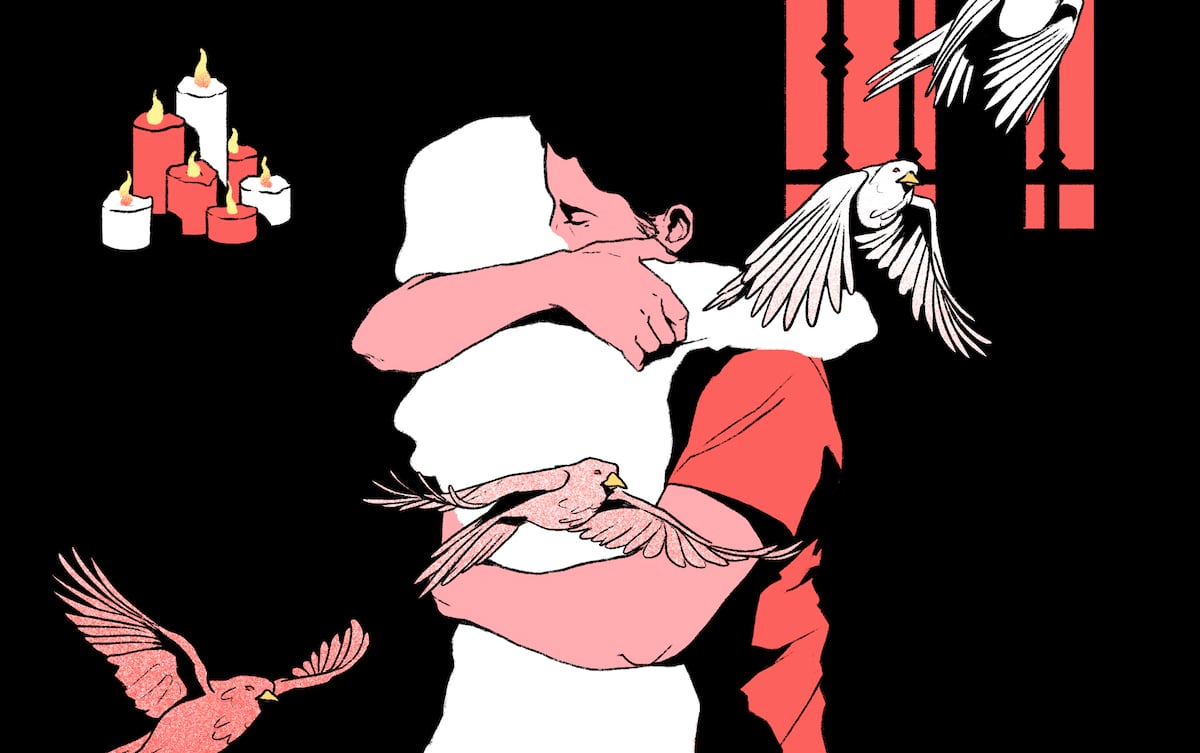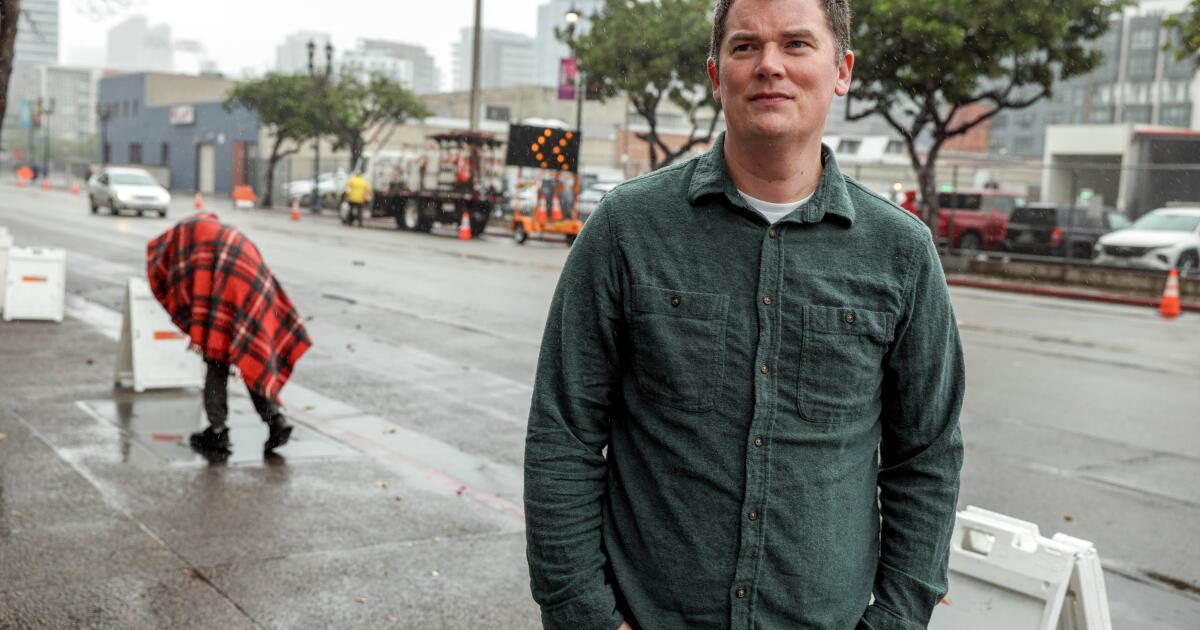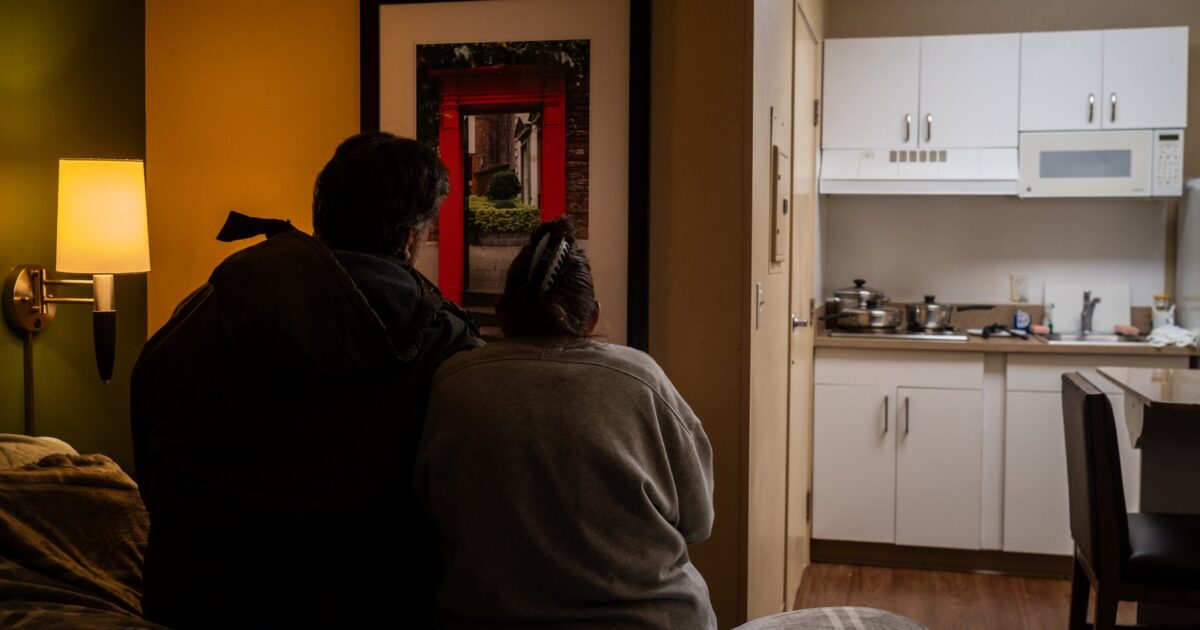Mental health
fromSilicon Canals
2 hours agoPsychology says the reason you feel guilty when you rest isn't laziness. It's because someone once made you believe your worth was only measured by what you produced. - Silicon Canals
Productive guilt stems from childhood conditioning where love and approval were tied to achievement, making rest feel psychologically threatening and triggering deep-seated fear of worthlessness.






















